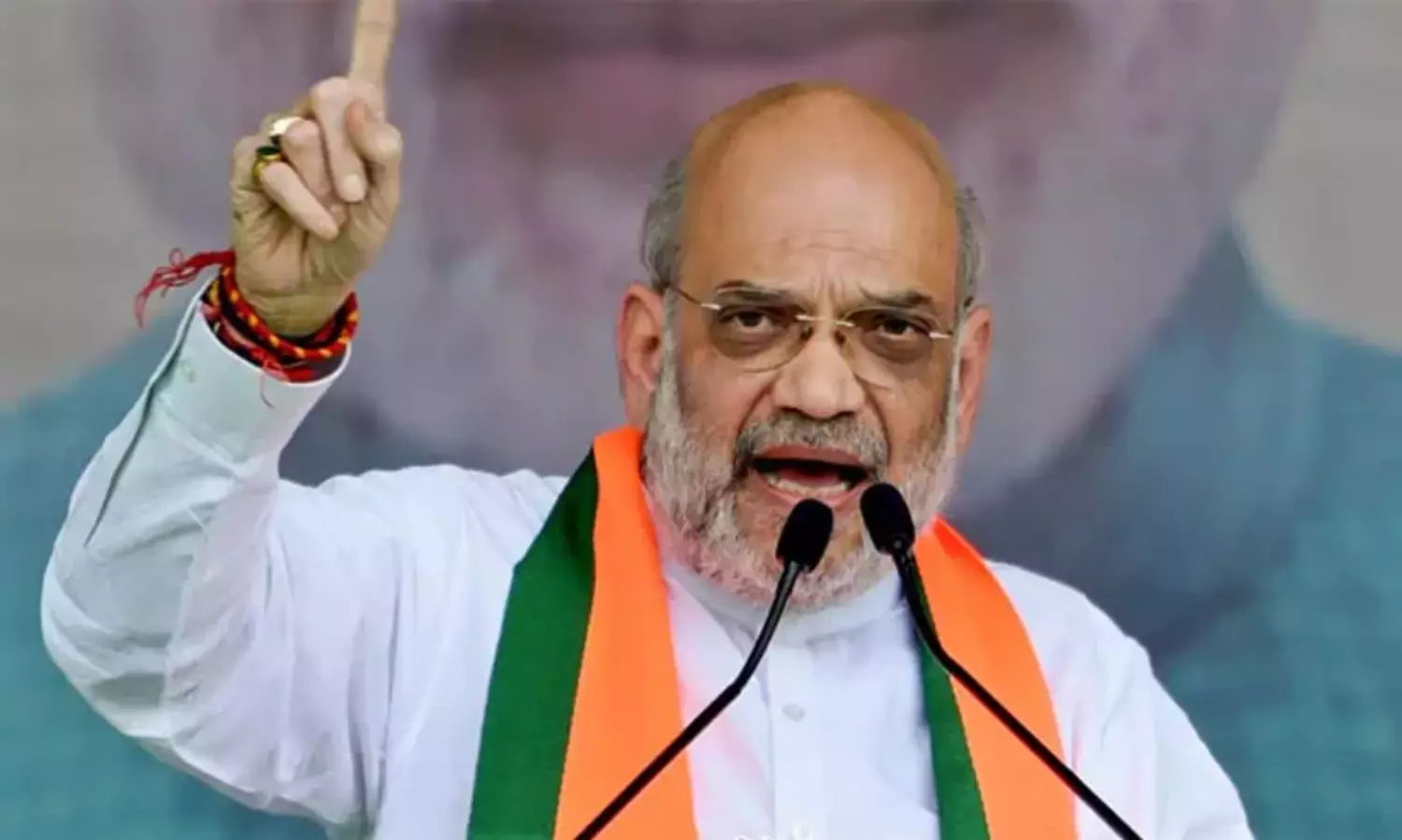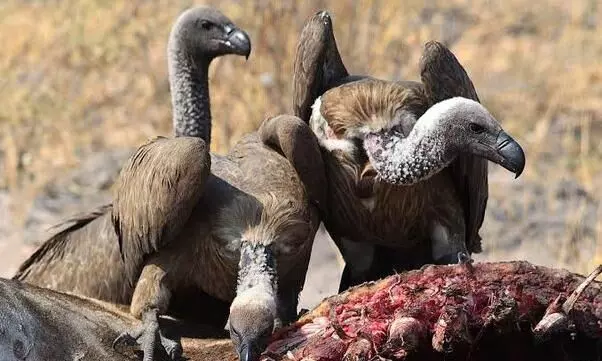
Vulture decline in India linked to rise in human deaths and economic losses
text_fieldsThe dramatic decline in vulture populations in India during the 1990s has been linked to a significant increase in human deaths and substantial economic damages, according to a recent study published in the American Economic Association journal.
The research highlights how the loss of these keystone species has had far-reaching consequences for both public health and the economy.
The study, titled The Social Costs of Keystone Species Collapse: Evidence from the Decline of Vultures in India, provides a sobering look at the unintended fallout from the use of a veterinary drug.
Diclofenac, an anti-inflammatory medication administered to cattle, proved fatal to vultures when they consumed contaminated carcasses. The drug's toxic effects on the birds' kidneys led to their near-extinction, with their numbers plummeting from an estimated 50 million to just a few thousand by the mid-2000s.
Before 1994, Indian districts with large vulture populations had an average human death rate of 0.9% per 1,000 people. However, by the end of 2005, areas that were previously home to substantial vulture numbers experienced a 4.7% increase in death rates. This equates to approximately 104,386 additional deaths annually in those regions. In contrast, districts where vultures were not commonly found saw their death rates remain stable.
The study's findings suggest that the absence of vultures led to a significant public health crisis. Without vultures to efficiently dispose of animal carcasses, dead animals were left to decompose, facilitating the spread of bacteria and pathogens. This environmental change appears to have had a direct impact on human health, underscoring the critical role vultures play in maintaining ecosystem balance.
Economic repercussions of the vulture decline were also severe. The researchers estimated that the loss of vultures resulted in economic damages amounting to $69.4 billion, or approximately Rs 58,621 crore, annually from 2000 to 2005. This figure reflects the high cost associated with increased human mortality and the value placed on preventing such losses.
The study highlights the unintended consequences of veterinary practices and emphasizes the importance of understanding the interconnectedness of ecosystems. Vultures, often overlooked and undervalued, serve a crucial role in natural waste management. They help prevent the spread of diseases by consuming carrion quickly, thereby reducing the risk of infections that can affect both wildlife and humans.
Following the ban of diclofenac in 2006, efforts have been made to mitigate the damage and restore vulture populations. Conservation programs and the introduction of safer alternatives for treating cattle have been crucial steps toward addressing the issue.






















